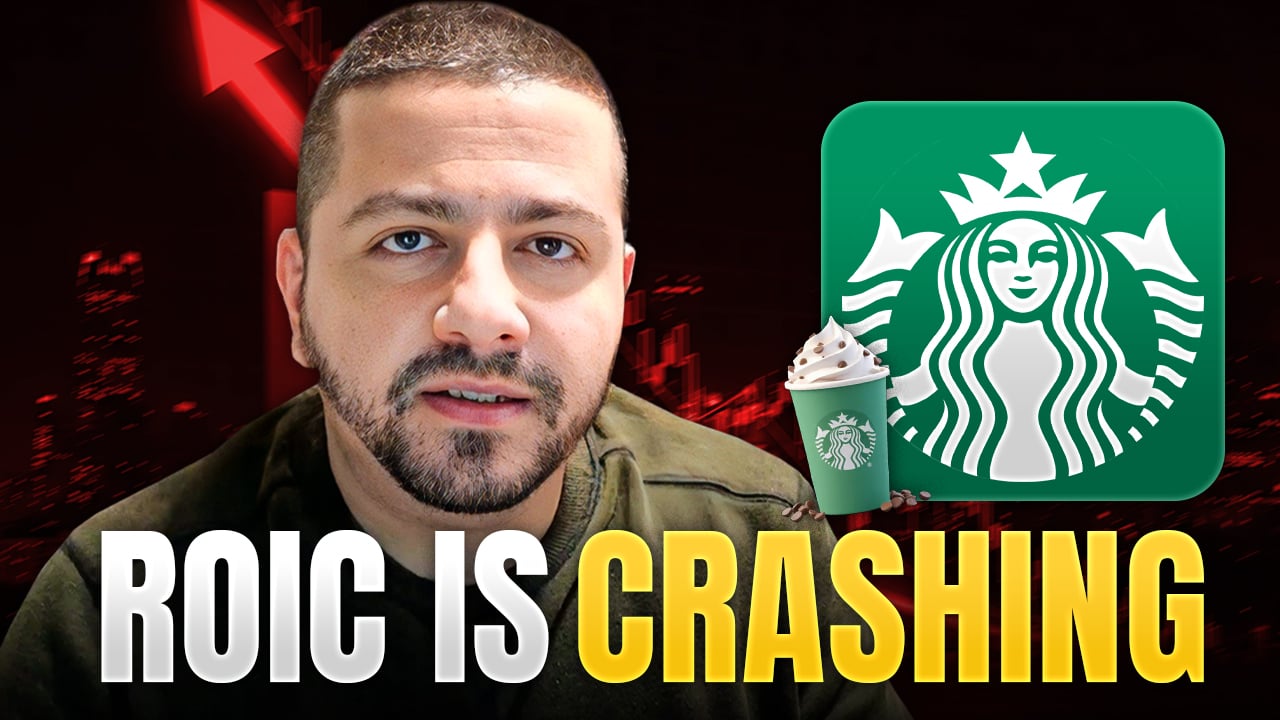
For more than 20 years, the folks over at Starbucks Corporation (SBUX 2.61%) have done things a little differently. With their focus on providing employees above-average benefits, the Seattle-based coffee purveyor is a prime example of Foolish business practices (note the capital "F") that can lead to long-term success for itself and its shareholders. A new announcement on Monday proves once more that Starbucks is Foolish to the core.
High marks, all around
Thanks to a partnership with Arizona State University's online programs, Starbucks will be the first U.S. company to offer free college tuition to all of its employees -- provided they work at least 20 hours per week. While there are some limitations to the company's funding for a barista's bachelor's degree, the new program will give access to higher education to many of its 135,000 workers that would otherwise lack the time, money, or ability to seek further studies.
As a company that highly regards its employees' feedback, one of the key results of internal surveys highlighted the desire for higher education. According to Starbucks, 70% of the company's employees don't have a degree but would like to earn one. That statistic, coupled with the growing burden of student loans on the nation's population, drove the new Starbucks College Achievement Plan.
Embracing humanity
Back in 1992, Starbucks was highlighted as a standout for including its part-time workers in eligibility for full benefits, including both comprehensive health care and stock ownership programs. The new tuition plan reasserts the company's stance that it's a people-centric business that relies on its employees to build exemplary customer experiences every day.
At a time when many retail and restaurant-centric companies are fighting to maintain low wages, Starbucks once again has stepped up in order to demonstrate leadership by providing total compensation to its workers -- far beyond a basic hourly wage.
Foolish behavior
On Monday's edition of The Daily Show With Jon Stewart, CEO Howard Schultz essentially waved off the significance of the new tuition plan's cost, though some have estimated that the company could see costs upward of $50 million annually. (And that's only if 3% of its employees take advantage of the new program.) Schultz said:
It'll be millions of dollars per year. ... We're a public company, we have to build long-term value for the shareholder. But we've recognized a long time ago when we provided health care for our people, ownership for our people, the only way you can build a great, enduring company is by linking shareholder value with value for employees. I think this is an opportunity to do something that no one has done before.
When Stewart pressed the fact that Starbucks essentially stands alone in the corporate world on that point, Schultz stated that though there's often a "zero-sum game" in corporations where the only thing that matters is profitability, many people believe that a great company needs to be made of more than just the bottom line.
Foolish focus
For investors, the addition of $50 million or more to any company's operating costs -- regardless of the benefits -- is an oft unwelcome event. But for Starbucks investors, the new program may provide a legacy of goodwill toward the company, for only a small fraction of earnings
To put the new program into perspective, a $50 million annual price tag for funding employee education would amount to a mere 7.8% of the company's record operating income of $644 million for its second fiscal quarter in 2014. In fact, operating income grew during the quarter by twice the estimated amount of the tuition costs. Though adding non-operating costs to any company's load can be risky, the current estimates are far from burdensome for the coffee juggernaut.
On the flip side, the program is providing a service to a large swath of people that would otherwise lack an opportunity to seek higher education, leading to a greater sense of loyalty to the Starbucks brand. And it's unlikely that those good feelings will be limited to just the barristas themselves: Jon Stewart himself stated that after the interview with CEO Howard Schultz he was headed to his local Starbucks to buy a coffee and "one of those indie folk-rock things that I don't know anyone on the album."
Schultz and Starbuck's stance on the importance of employee work-life balance and benefits espouse one of the keys to Foolish investing: Though a company can have all of the right facts and figures, investors need to include nonquantitative traits into their assessment of a company. Whether it's the competency of management or the corporate culture, some of the biggest factors surrounding the longevity and legacy of a company have nothing to do with quarterly profits.
"More people will start to do the right thing."
Starbucks may not be the first to offer support to its employees' quest for a college education, but it has taken standard tuition plans a step further. Though investors may not see other companies join the coffee juggernaut immediately, Schultz thinks that investing in his company's workers is the right initiative for building a successful business.
By "embracing humanity as a core competency," Schultz and Starbucks place a very Foolish emphasis on the responsibilities of a business to both its employees and shareholders.






